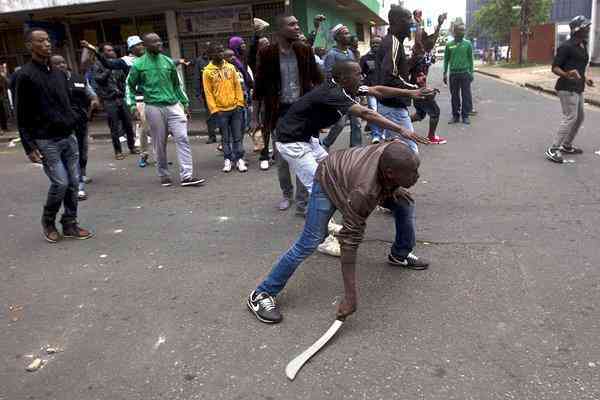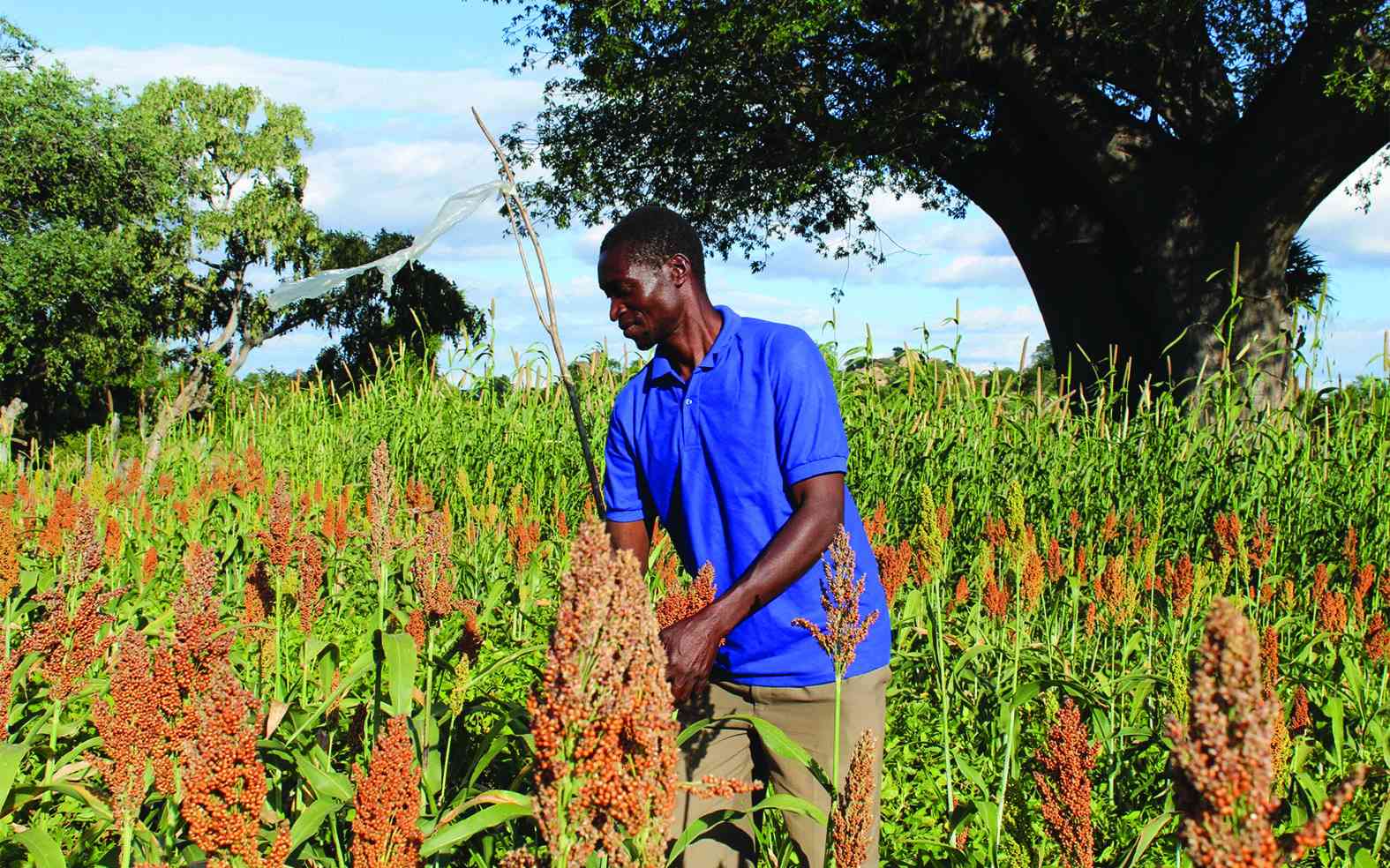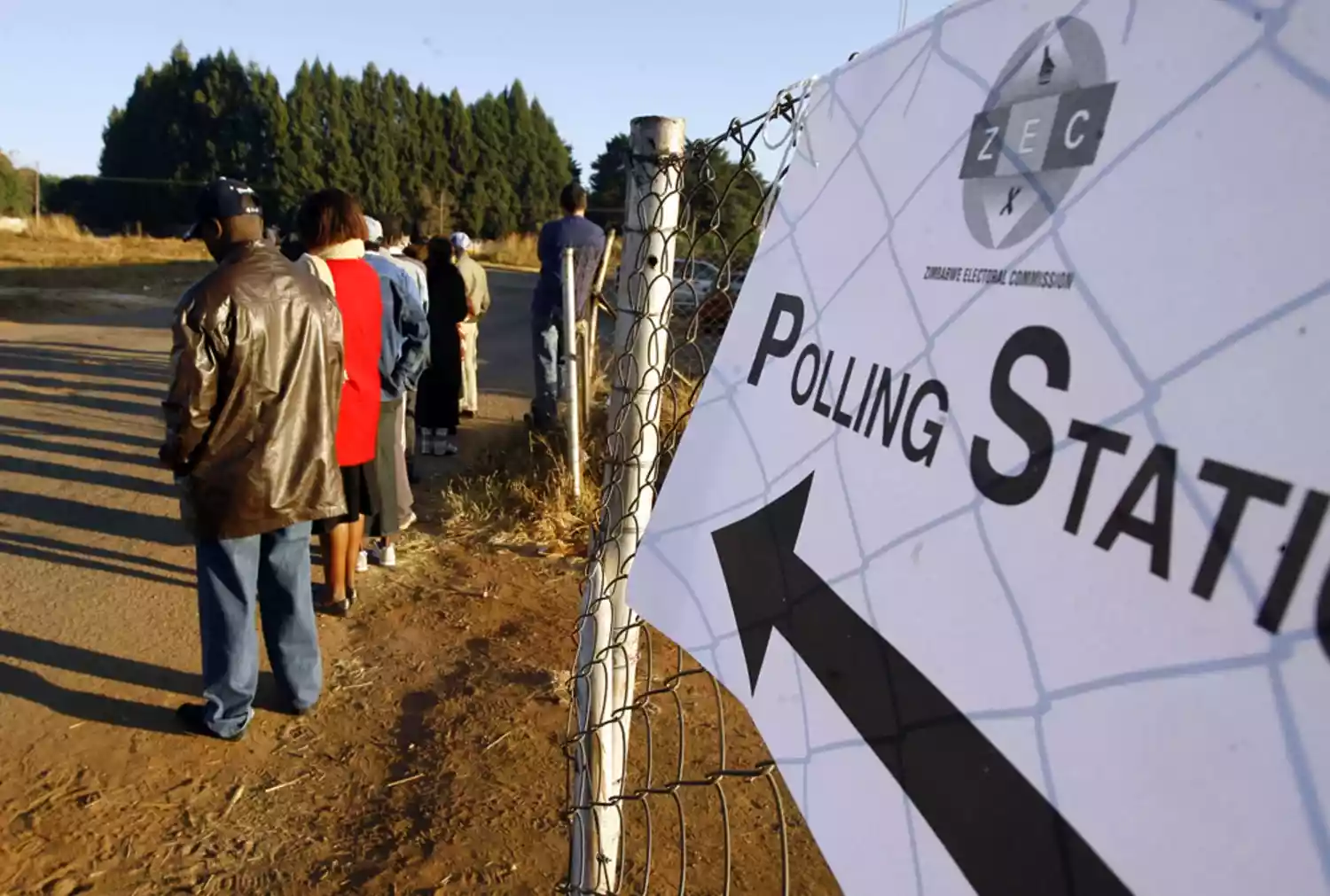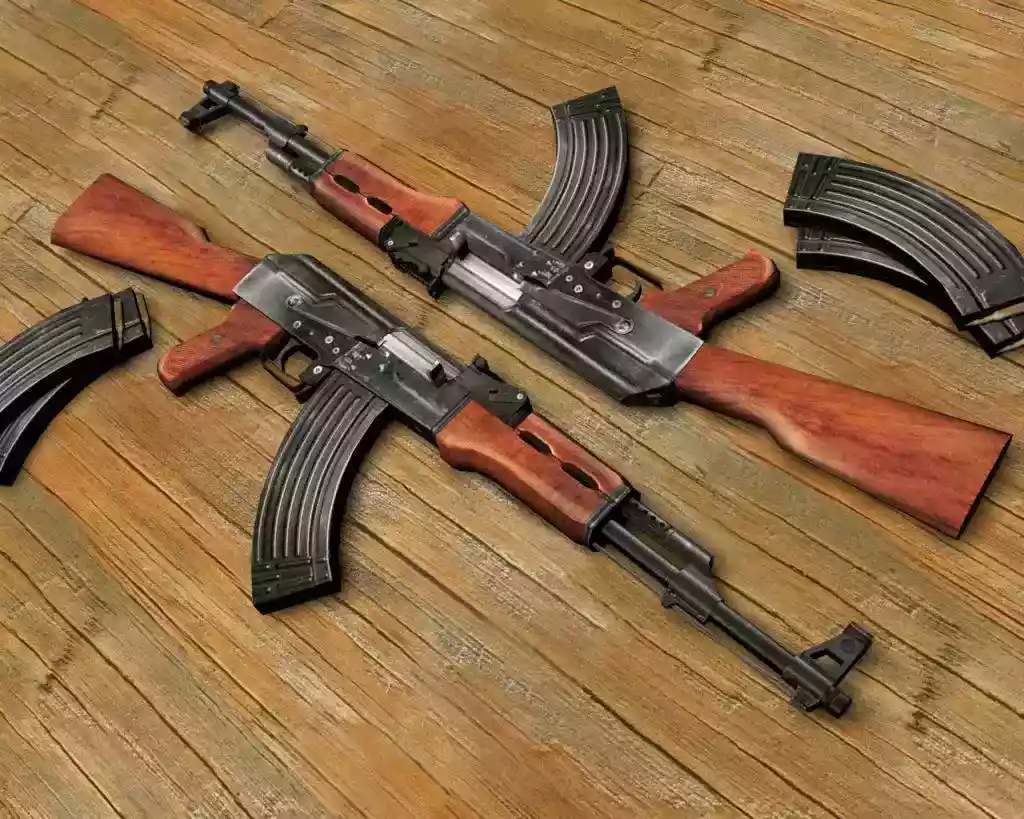
Imagine being a Nigerian woman in labour, denied entry at a South African hospital by vigilantes, and forced to give birth on bare floors in full public view.
Picture a Zimbabwean mother with her 10-day-old infant, blocked from postnatal care by angry protesters demanding identification papers she doesn’t possess.
Visualise the elderly, the sick, and pregnant mothers turned away from healthcare by citizens of the very nation that once represented Africa's highest ideals of liberation and reconciliation.
This is the brutal reality unfolding in South Africa today under Operation Dudula's campaign of intimidation and exclusion, a reality that betrays the very essence of African unity and demands condemnation from all progressive Pan-Africanists across our continent .
Operation Dudula, whose name means “force out” or “knock down” in isiZulu has transformed from a fringe movement into a systematic campaign of terror against African migrants.
What began as protests in Soweto in 2021 has evolved into coordinated blockades of hospitals, schools, and businesses, with members demanding documentation from anyone suspected of being foreign-born.
Their tactics include forcibly closing migrant-owned shops, raiding properties without legal authority, and physically preventing patients from accessing healthcare facilities, all while dressed in uniforms resembling official law enforcement .
The South African government's response to this vigilante violence has been characterized by deliberate ambiguity and complicit silence.
- Zim headed for a political dead heat in 2023
- Power crisis needs practical solutions
- Record breaker Mpofu revisits difficult upbringing
- Dangers of Arab Spring in SA
Keep Reading
While President Cyril Ramaphosa briefly denounced Operation Dudula as “illegal vigilantism” in 2022, his administration has consistently failed to protect vulnerable migrants from systematic harassment.
This isn't merely a failure of governance. It represents a broader political calculation that scapegoats African foreigners for domestic failures while ignoring the invisible forces that fund and fuel this anti-African agenda.
To understand South Africa's contemporary xenophobia, we must recognise how colonial and apartheid systems deliberately engineered racial hierarchies and divided African people.
The apartheid regime institutionalized the dehumanisation of Black people while creating artificial divisions between “South African natives” and other Africans, a strategy designed to prevent unified resistance against white minority rule.
As legal scholar Cheryl Harris argues in her seminal work "Whiteness as Property," legal systems have historically upheld whiteness as a form of property protected by law, creating enduring structures of privilege and exclusion .
Despite the democratic transition, South Africa never fully confronted these deeply embedded psychological divisions.
The persistent economic inequality where wealth remains predominantly in white hands while Black communities experience extreme poverty creates fertile ground for redirecting legitimate anger toward vulnerable scapegoats rather than addressing structural inequities .
Operation Dudula didn't emerge in a vacuum; it grew from historical seeds planted by centuries of racial capitalism that valued some lives over others.
The South African state’s response to Operation Dudula has been characterised by deliberate inaction and tacit endorsement.
Despite clear violations of both the South African Constitution and international law, authorities have consistently failed to hold perpetrators accountable:
lConstitutional Violations Section 27 of South Africa's Constitution guarantees healthcare access to “everyone”, irrespective of nationality or immigration status.
Similarly, Section 29 establishes the right to education for all children. Operation Dudula's blockades directly violate these fundamental rights, yet law enforcement routinely stands by during these confrontations .
lLack of political will the government's condemnation has been limited to rhetorical statements without meaningful follow-up.
When South African Health minister Joe Phaahla stated that "no civic group or individual has the legal authority to control access to public health facilities," he stopped short of ordering concrete protective measures for migrants .
lJudicial failures although organisations like Kopanang Africa Against Xenophobia (KAAX) have brought cases against Operation Dudula, the judicial process has been slow, allowing the violence to continue unabated. The case heard in June 2025 has yet to result in a judgement, demonstrating how legal delays enable violence.
This pattern of tolerance suggests either deliberate complicity or calculated political strategy. With the African National Congress (ANC) facing declining popularity due to persistent unemployment, corruption scandals, and service delivery failures, allowing Operation Dudula to dominate the narrative provides a convenient distraction from governance failures. By scapegoating migrants, the government avoids accountability for its own shortcomings in addressing poverty, inequality, and unemployment.
Operation Dudula's rhetoric centres on claims that migrants "steal jobs" and "overburden public services", arguments that collapse under minimal scrutiny.
Data from the Scalabrini Centre of Cape Town shows that migrants constitute approximately only 4% of South Africa's population, making it mathematically impossible for them to be responsible for the country's economic challenges. The real causes of South Africa's crises lie elsewhere:
lAusterity policies chronic underfunding of public services not migrant usage, explains healthcare and education shortages. The education system faces overcrowded classrooms and inadequate infrastructure due to "deliberate policy choices that have systematically underfunded basic education."
lCorruption and mismanagement South Africa loses an estimated R27 billion annually to corruption funds that could transform public services. Instead of addressing this theft, politicians redirect public frustration toward vulnerable migrants .
lStructural inequality white households in South Africa earn approximately five times more than Black households, a wealth gap that traces directly to apartheid's legacy and continues under the current economic system .
By focusing public anger on migrants, Operation Dudula serves as a convenient distraction from these systemic issues. This diversion benefits economic elites both white capital and the emerging Black elite political class who would rather see poor South Africans fighting poor migrants than uniting to demand meaningful economic redistribution.
Operation Dudula's rapid expansion from a local group to a national movement with coordinated activities requires significant resources yet their funding sources remain conspicuously opaque. The movement claims to be a grassroots organization, but its operational scale suggests more substantial financial backing:
lPolitical alliances: Operation Dudula has received public support from leaders of the Patriotic Alliance like Gayton McKenzie and Kenny Kunene, suggesting possible political financing. These alliances indicate that certain political parties may be leveraging xenophobia for electoral gains.
lSuspicious networks: The movement's associations with groups like the All Truck Drivers Foundation and the disbanded UMkhonto we Sizwe Military Veterans' Association suggest connections to established interests with financial resources .
lInternational parallels: Historically, xenophobic movements often receive funding from interests benefiting from social division. In the United States, for instance, nativist groups have received funding from foundations connected to conservative elites who benefit from divided working classes.
The continued absence of transparency around Operation Dudula's funding demands urgent investigation. If this is truly a grassroots movement, why the secrecy? Who pays for their transportation, uniforms, and communication systems? Until these questions are answered, we must consider the possibility that Operation Dudula represents what Professor Cheryl Harris calls "the neoliberal solution to the management of various crises: accommodating modest racial reform while sustaining white hierarchy" .
The philosophy of ubuntu — “I am because we are” — stands in direct opposition to Operation Dudula's exclusionary politics. True Pan-Africanism recognises that African liberation is inseparable across borders and that until all Africans are free, no Africans are truly free. This philosophy isn't merely sentimental; it reflects concrete historical realities:
lSouth Africa's liberation debt: During apartheid, frontline states like Zambia, Zimbabwe, and Tanzania sacrificed enormously to support South Africa's liberation movement. They hosted exiled activists, imposed economic sanctions, and suffered military attacks from the apartheid regime.
Today's migrants often come from these same nations that once stood with South Africa in its darkest hour.
lContinent-wide contributions: Nigerian students funded anti-apartheid scholarships; Ghana trained ANC activists; Algiers hosted liberation headquarters. South Africa's freedom was achieved through continental solidarity that today's xenophobia betrays.
Progressive pan-Africanists must respond to Operation Dudula with principled opposition and practical alternatives:
lLegal accountability: Support organisations like the Socio-Economic Rights Institute (SERI) and Kopanang Africa Against Xenophobia (KAAX) that are challenging Operation Dudula in court. International pressure through African human rights bodies can amplify these efforts.
Operation Dudula represents more than just a xenophobic movement. It signifies a crisis of African identity and a betrayal of South Africa's hard-won freedom.
By targeting other Africans while leaving structural inequality untouched, this movement serves the interests of economic elites who benefit from divided communities. Their actions don't just harm migrants; they undermine South Africa's constitutional democracy and erode the moral authority of Africa's most developed economy.
The invisible hand steering Operation Dudula isn't necessarily a conspiracy but rather the logical outcome of racial capitalism that has always pitted oppressed groups against each other to maintain elite power. As legal scholar Cheryl Harris observes, both neoliberalism and fascism aim to sustain the dominance of finance capital, fighting "over a project that doesn't leave room for democratic participation by ordinary people".
Progressive Pan-Africanists across Africa must condemn Operation Dudula not merely as a South African problem but as a continental crisis. We must demand transparency about their funding, accountability for their violence, and solidarity with their victims.










